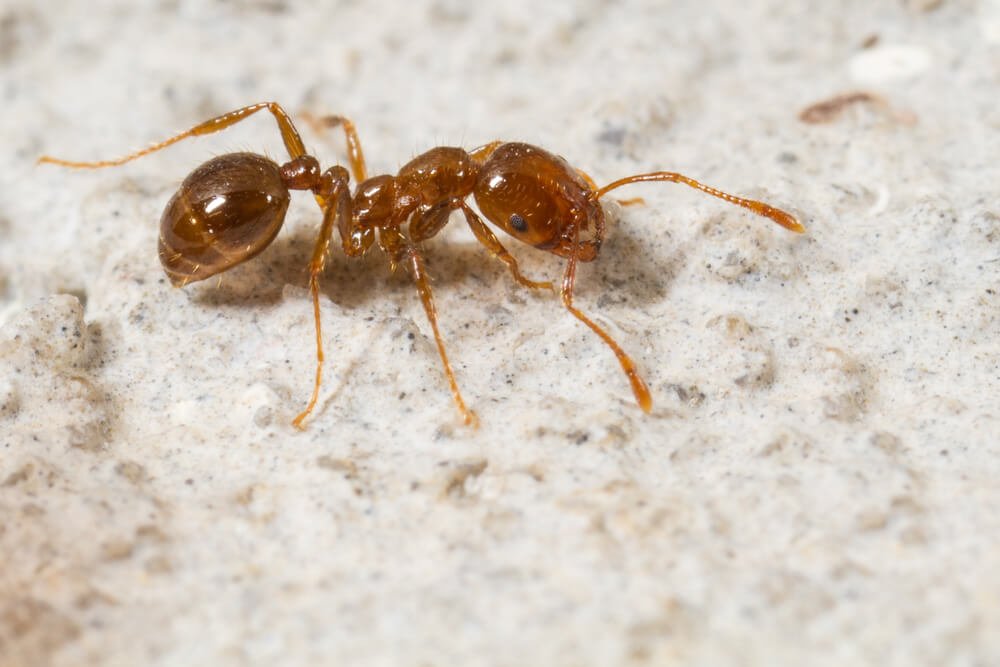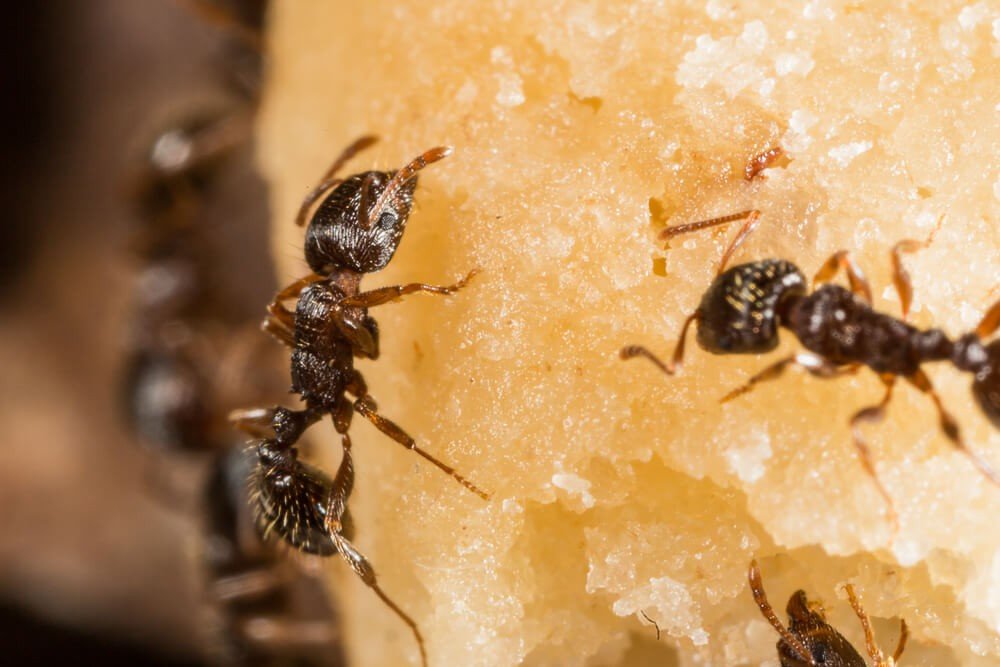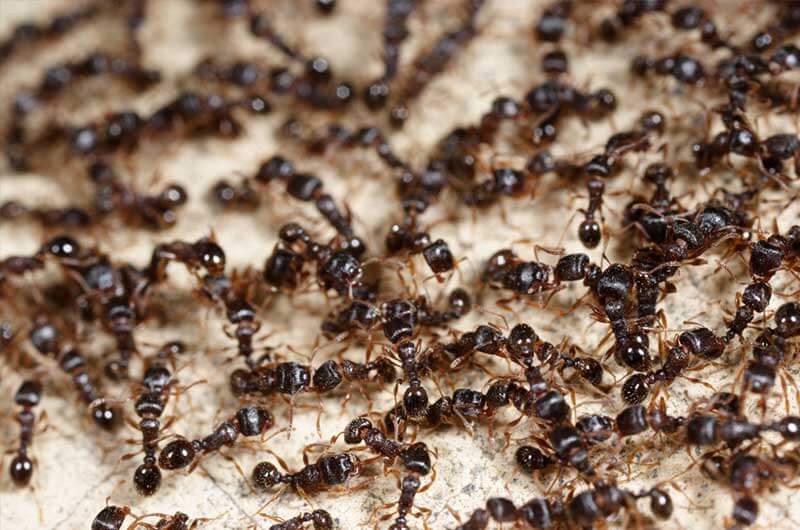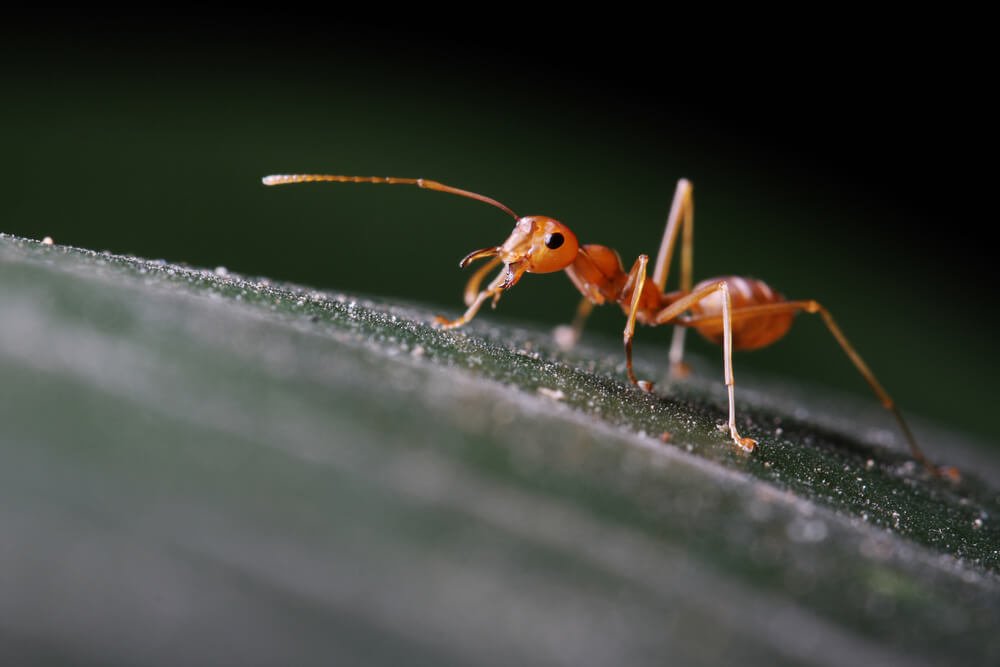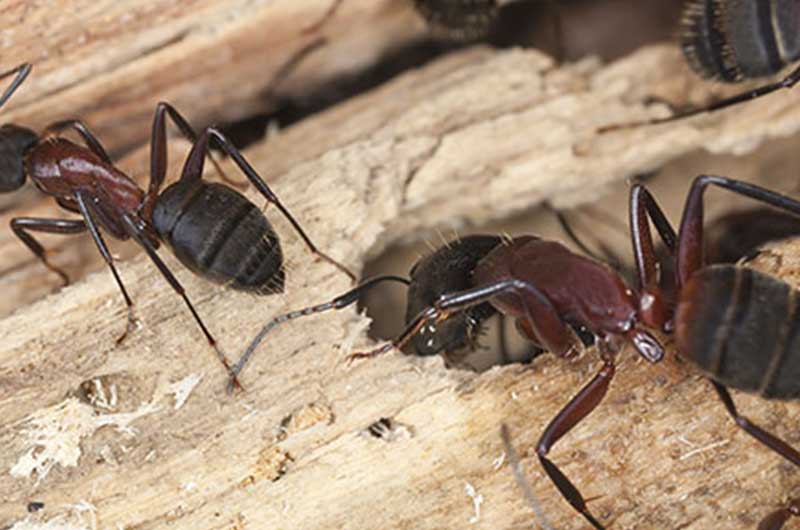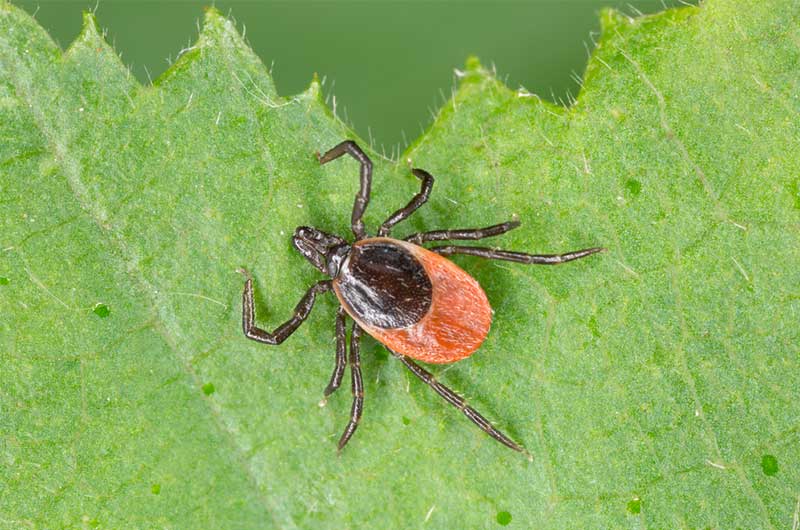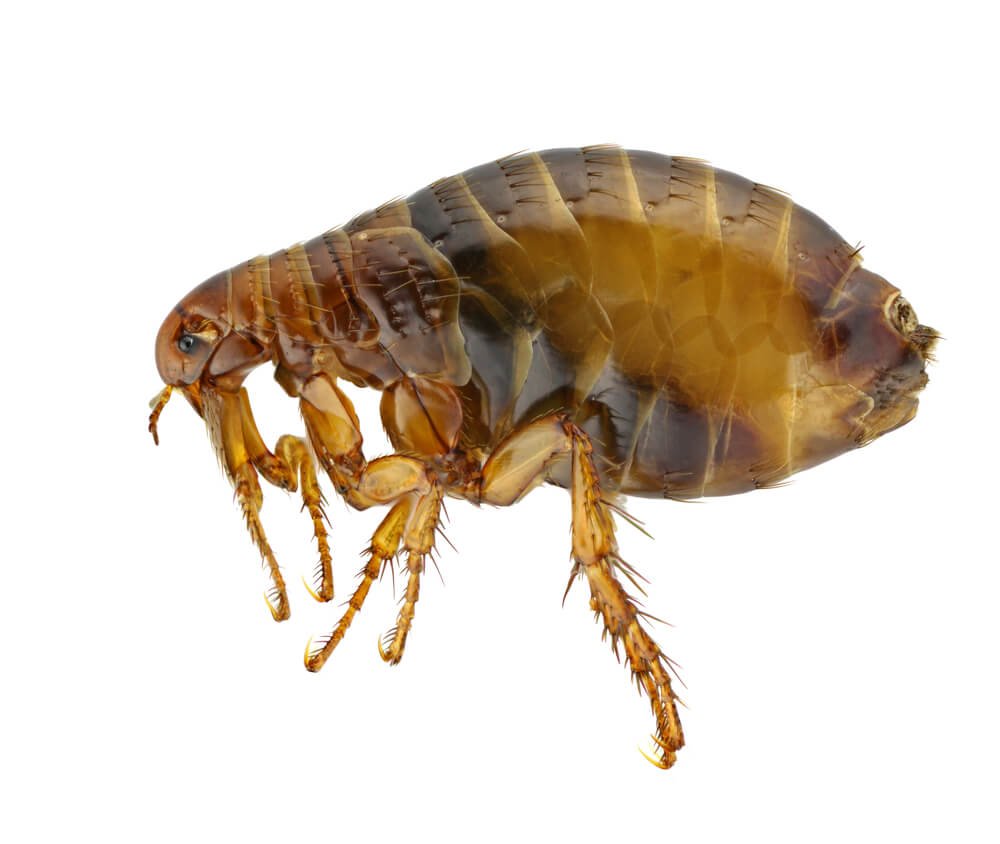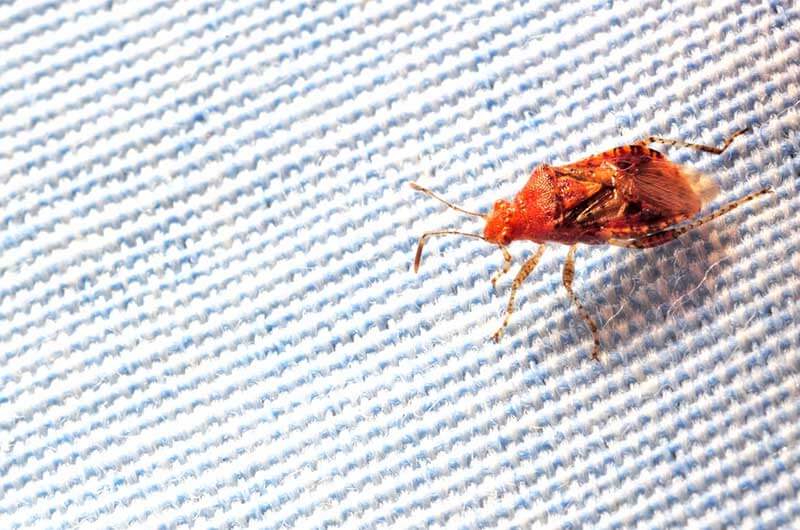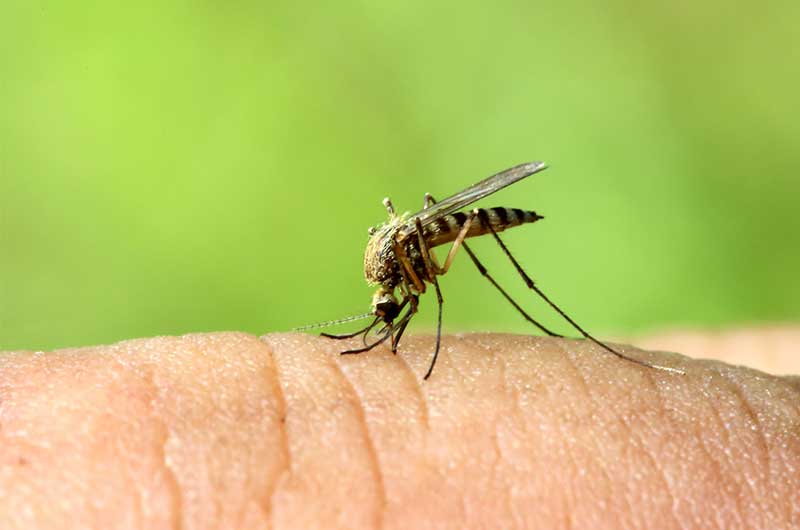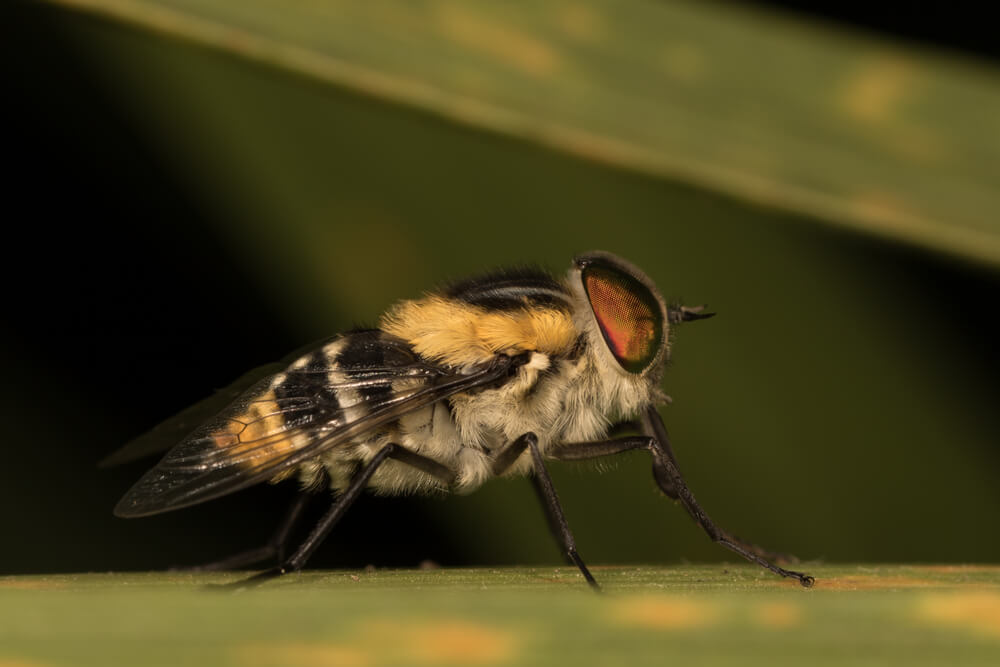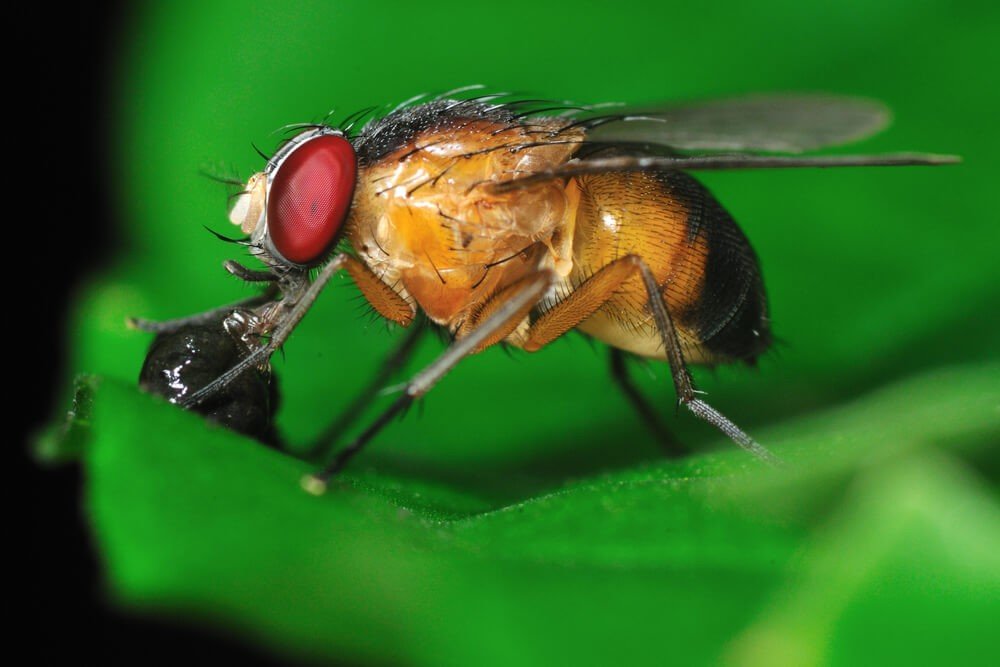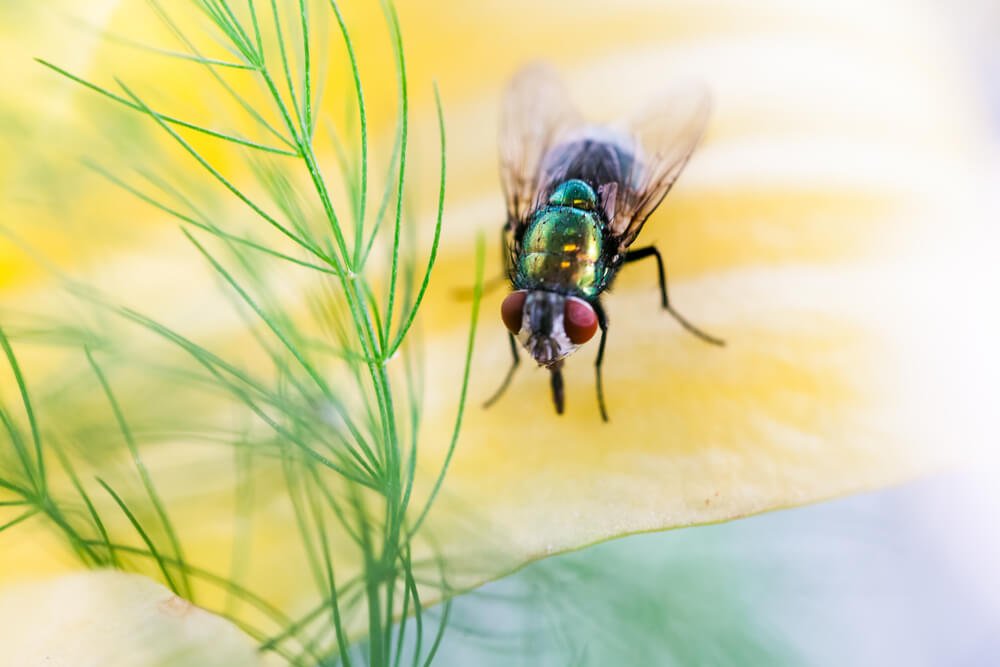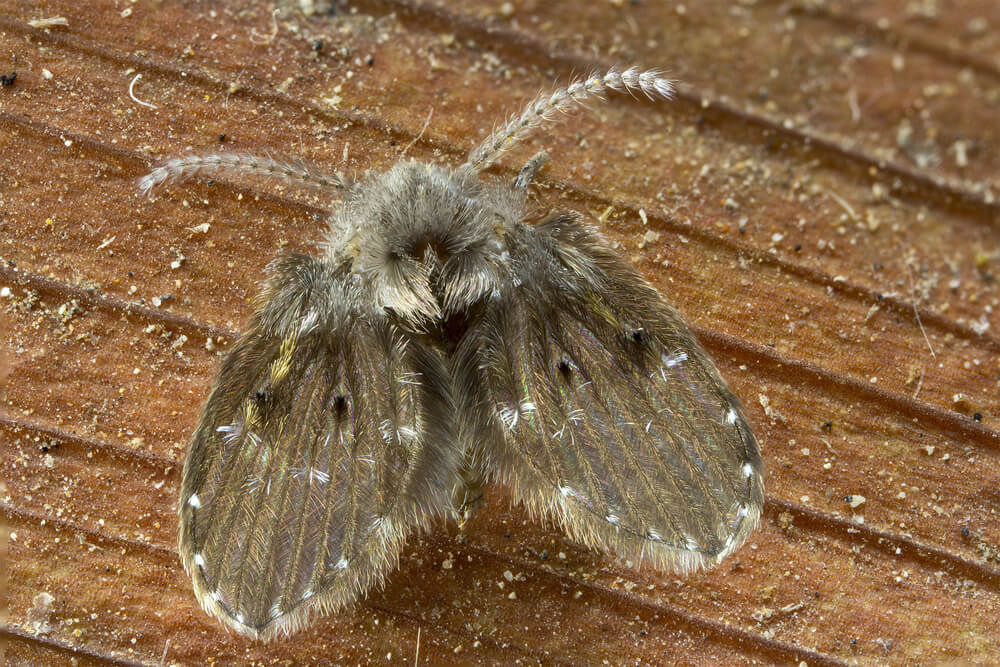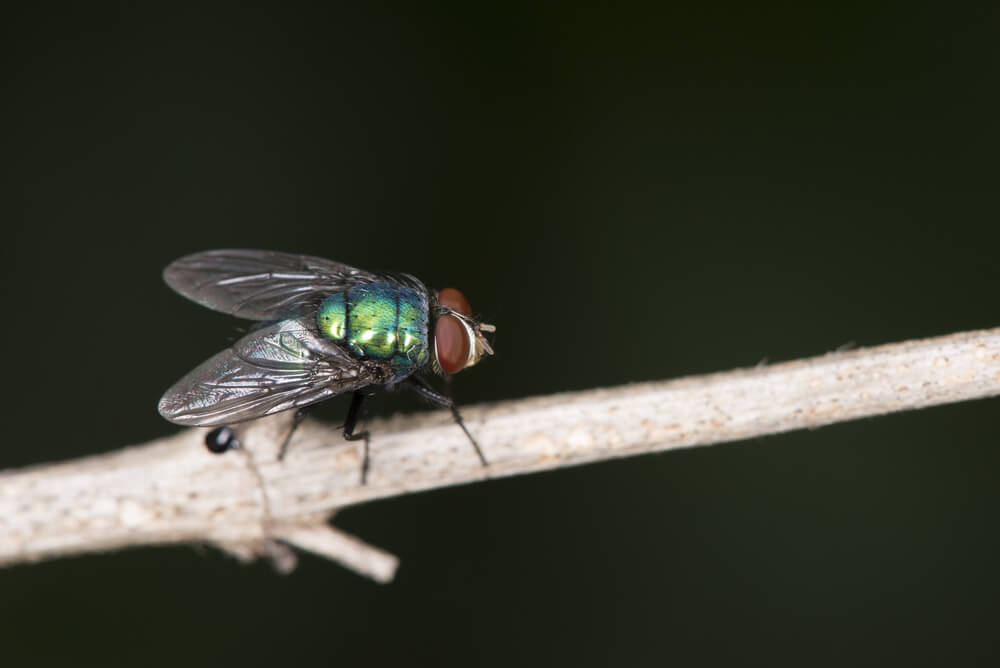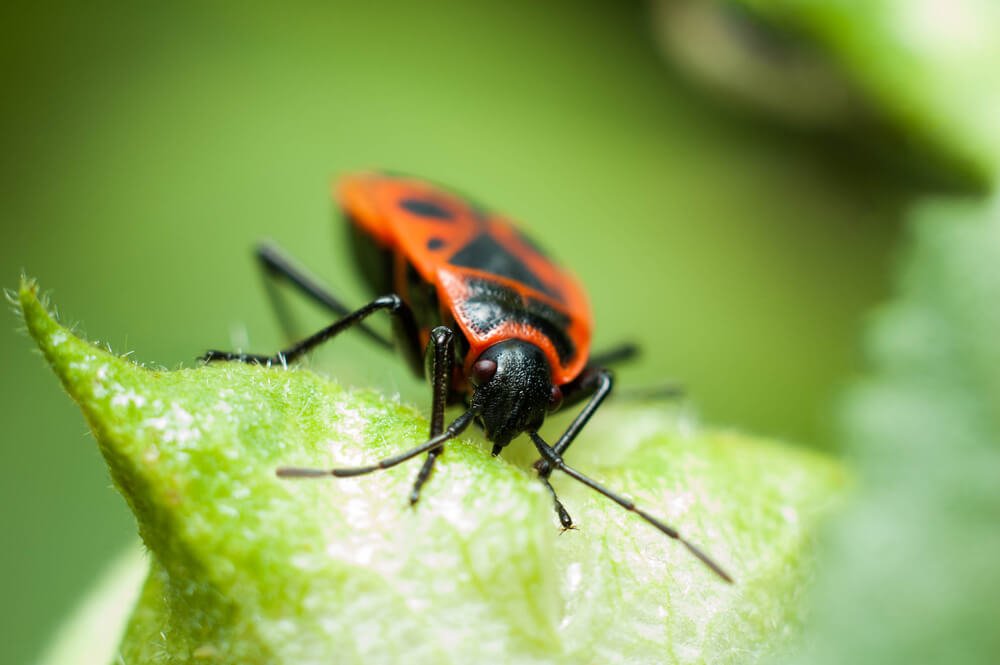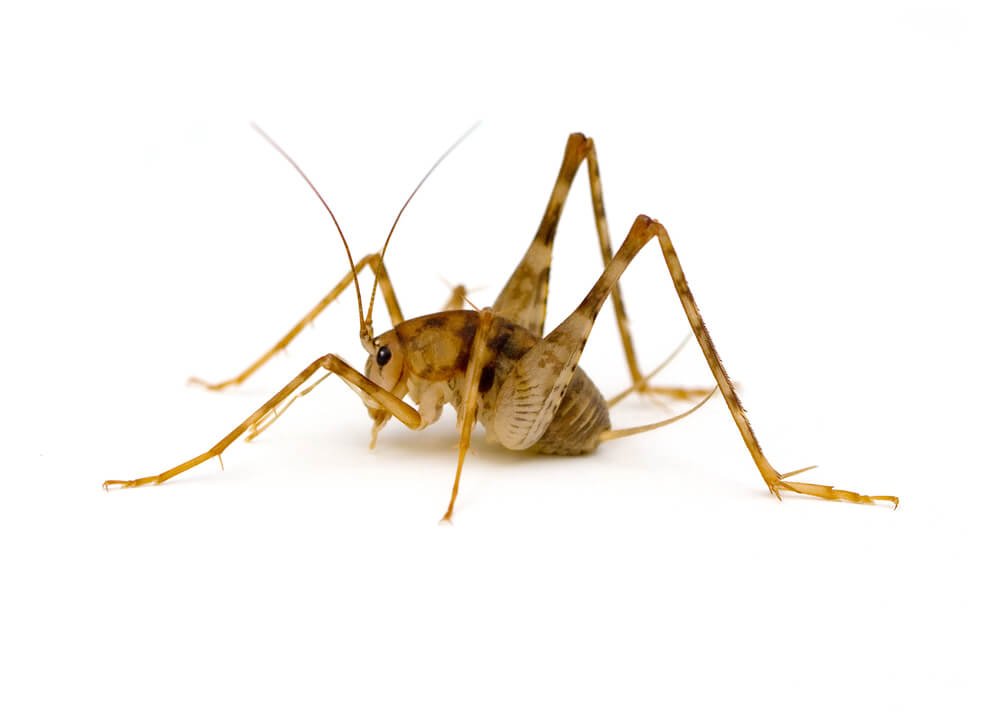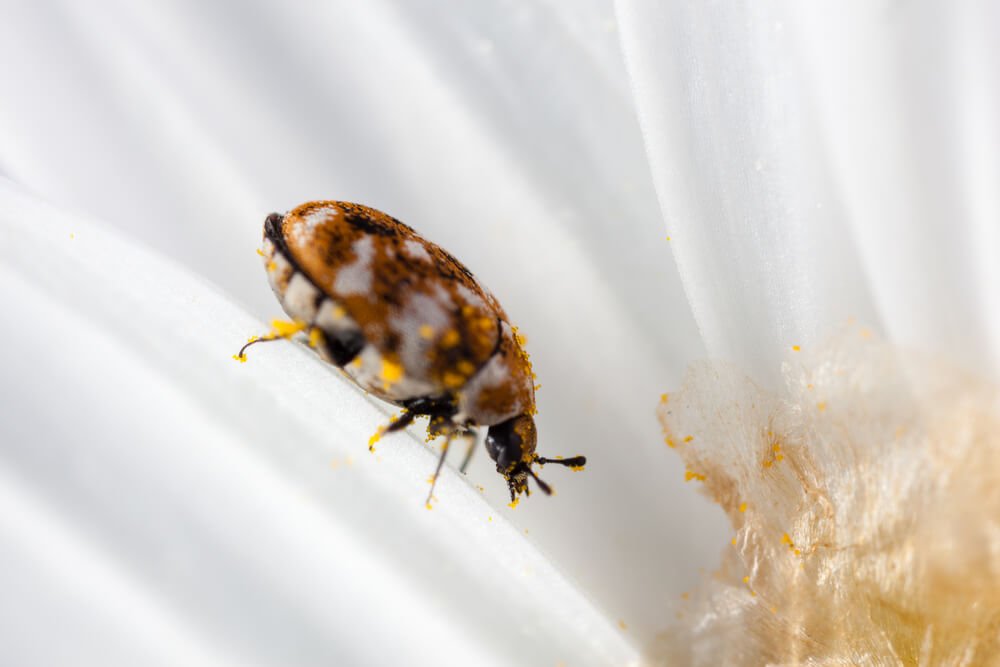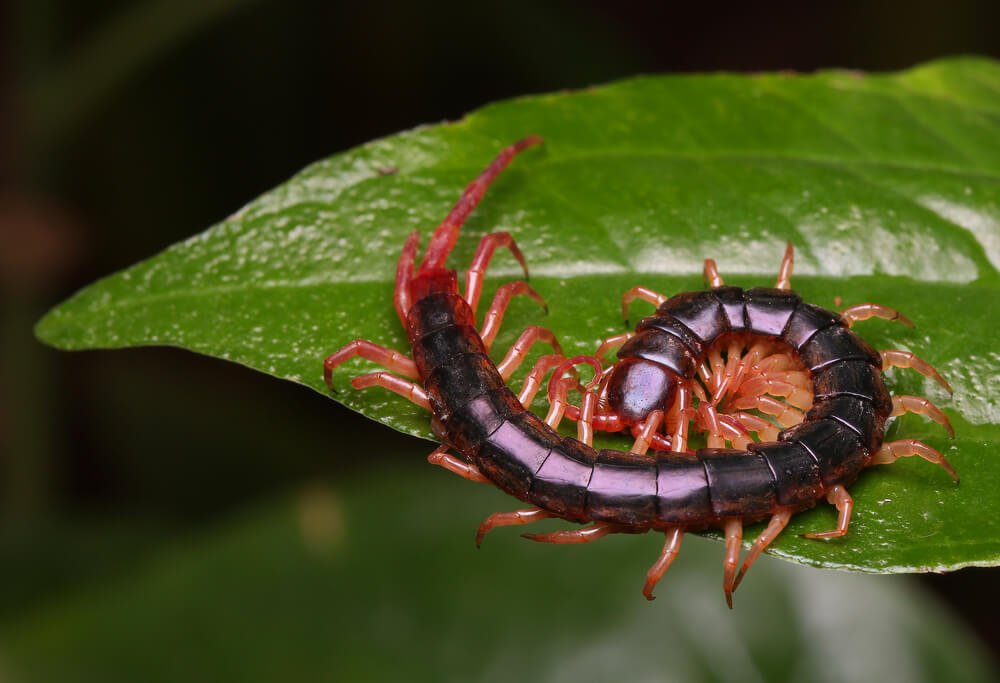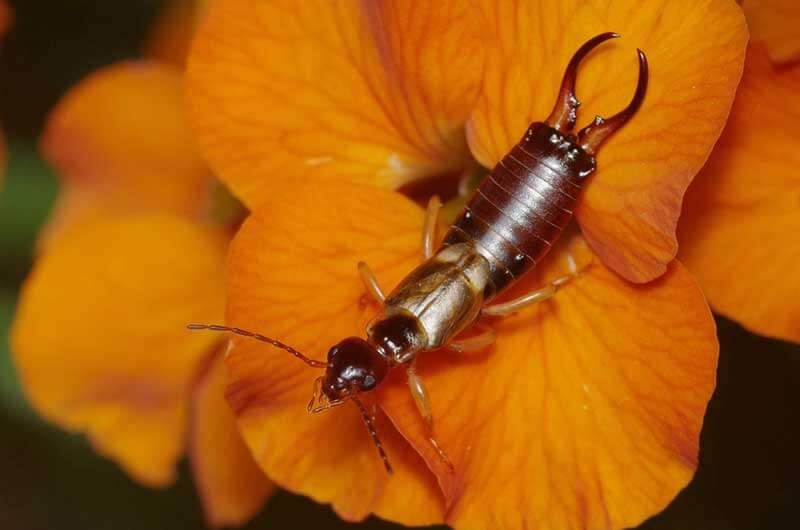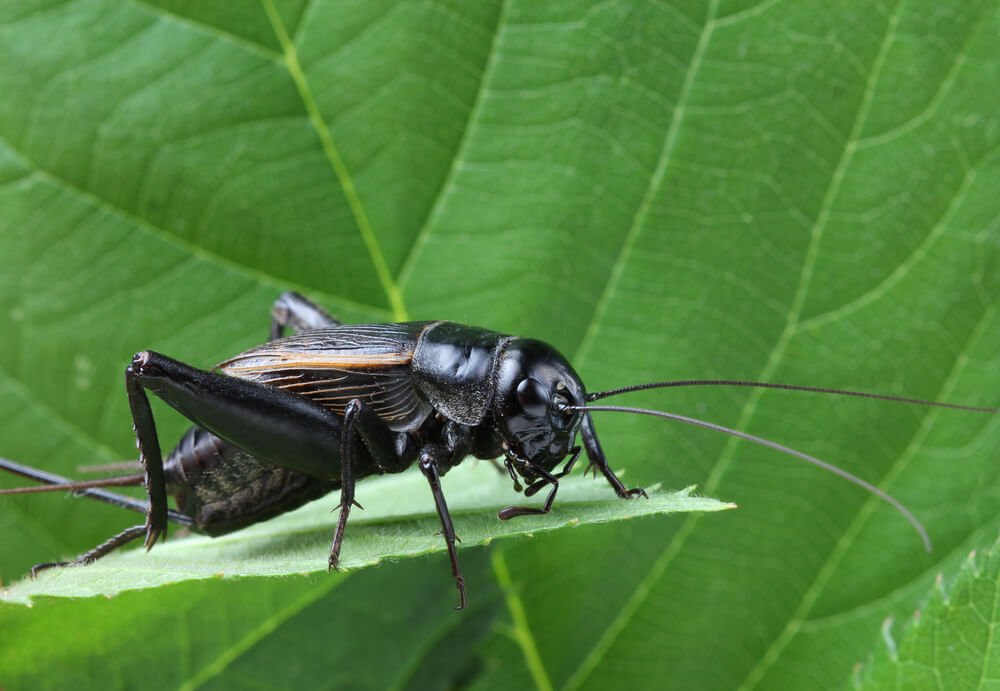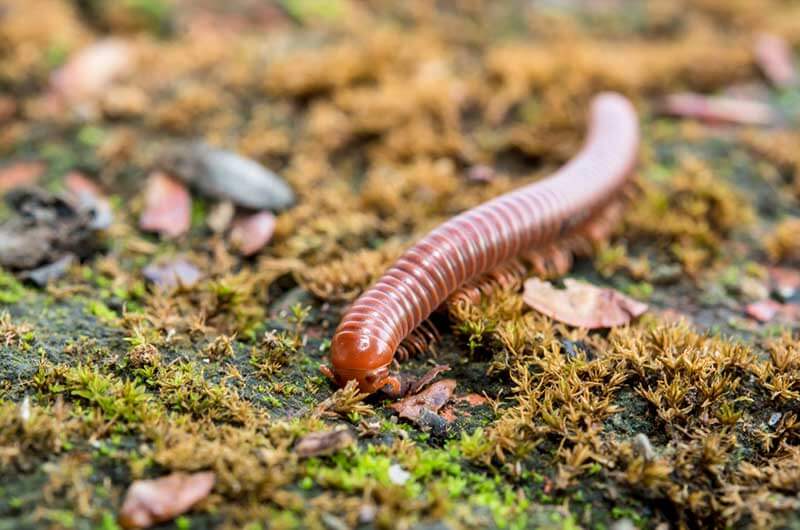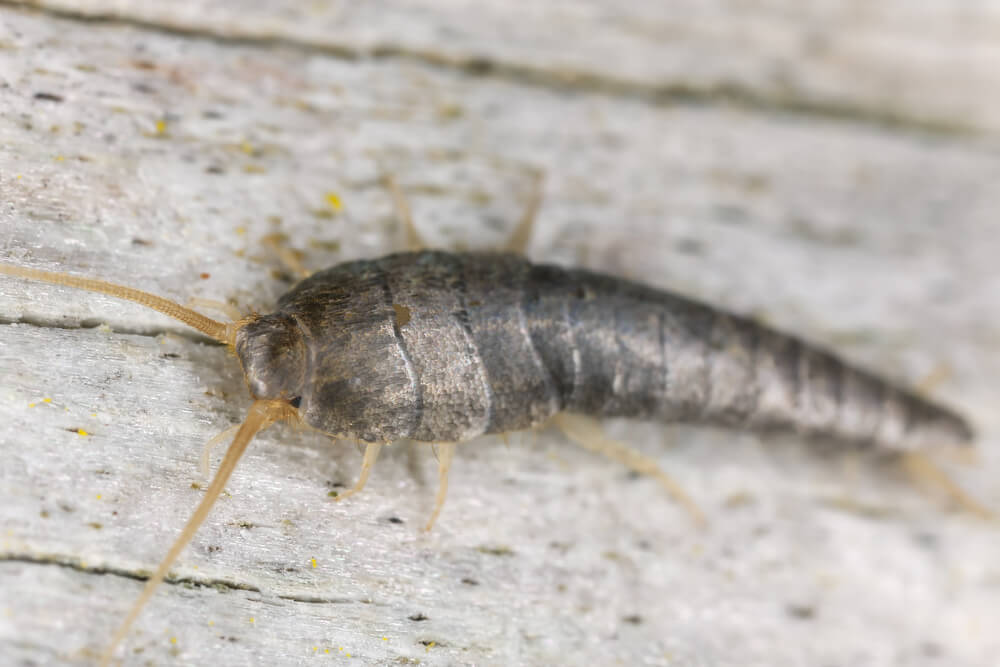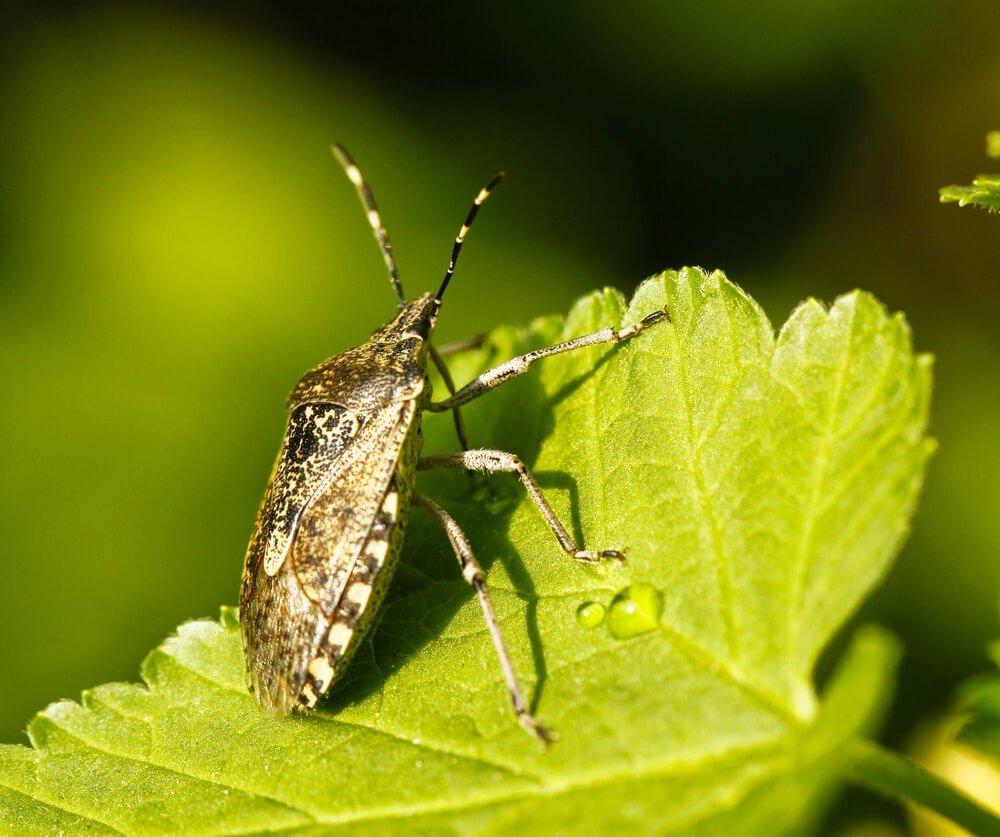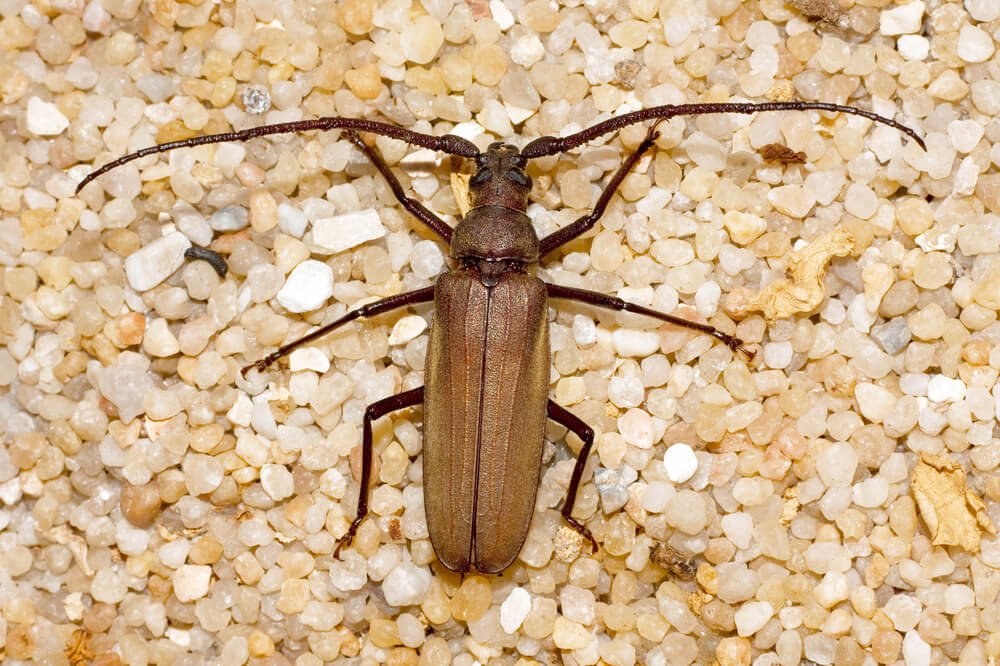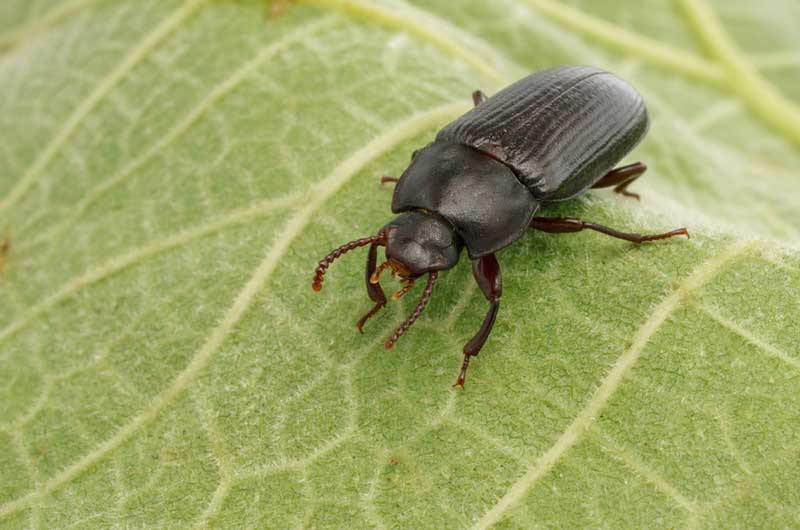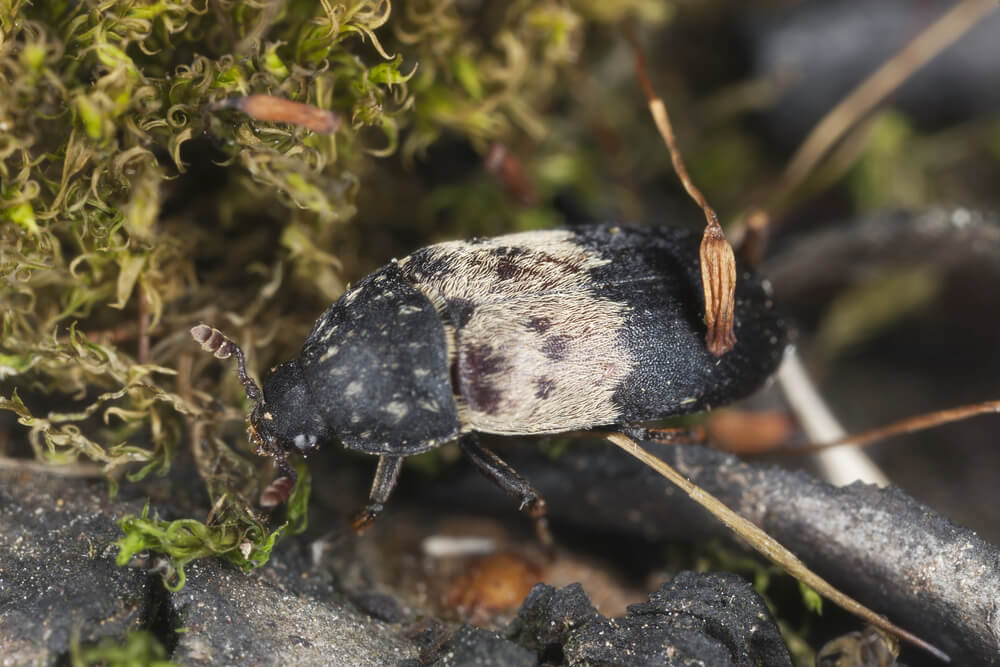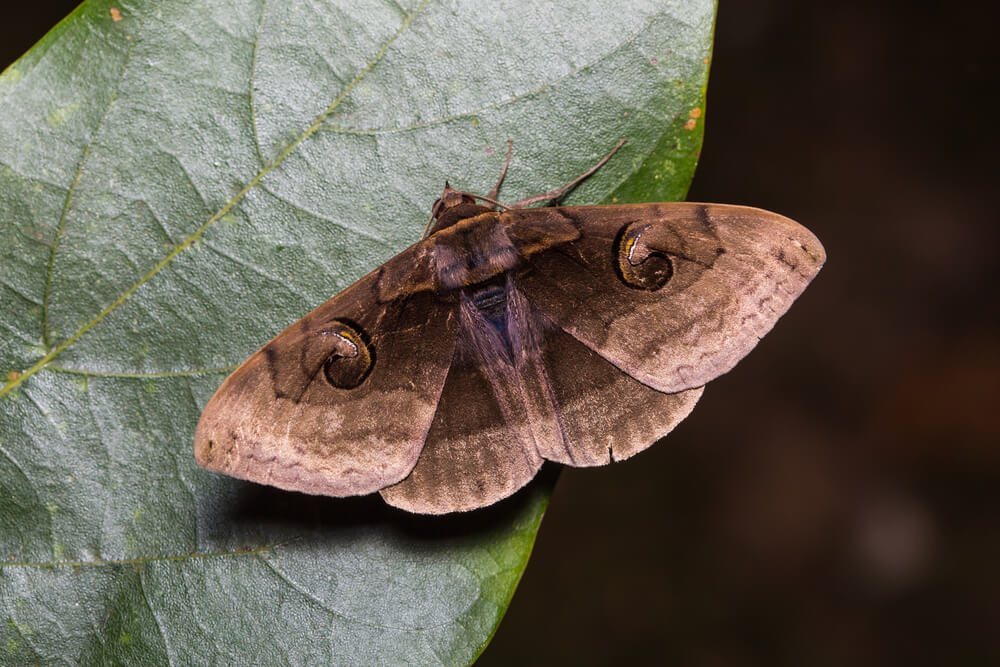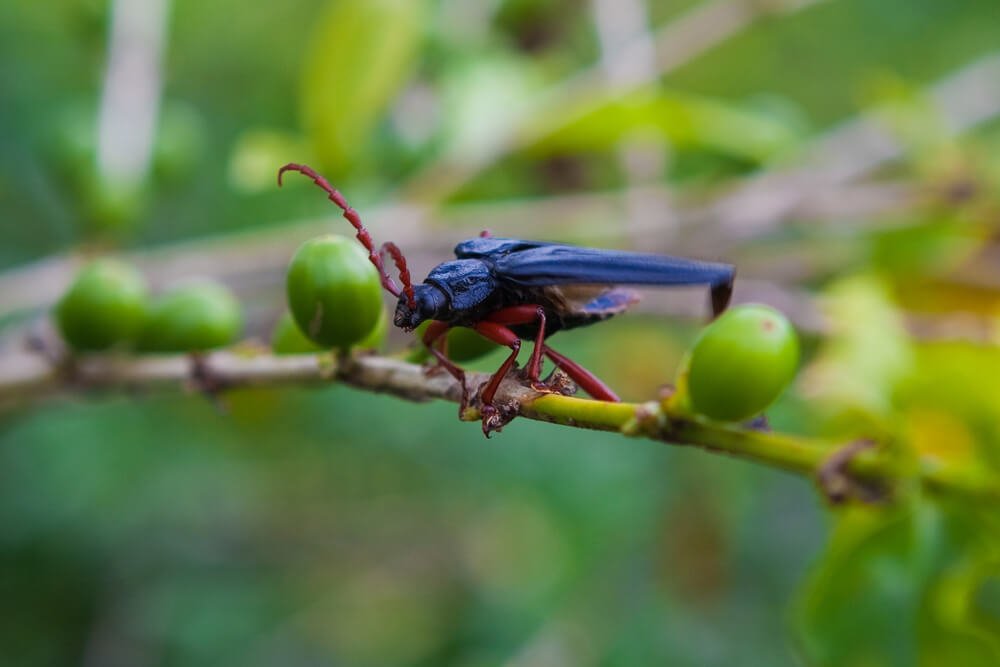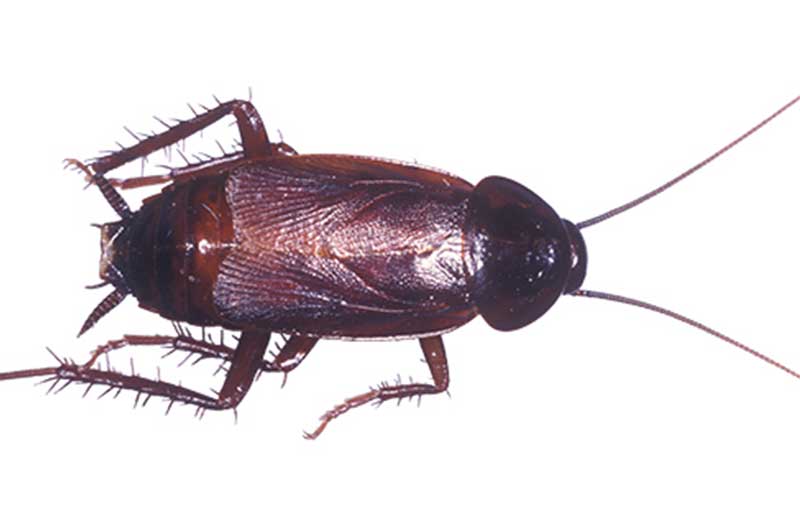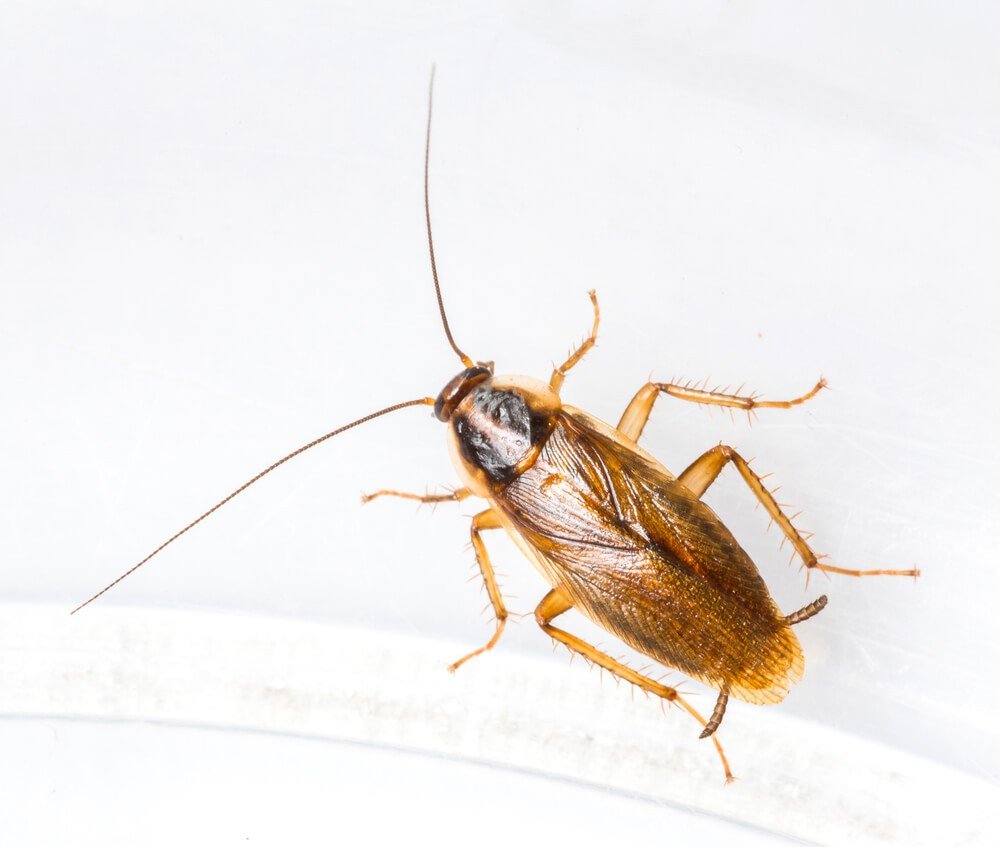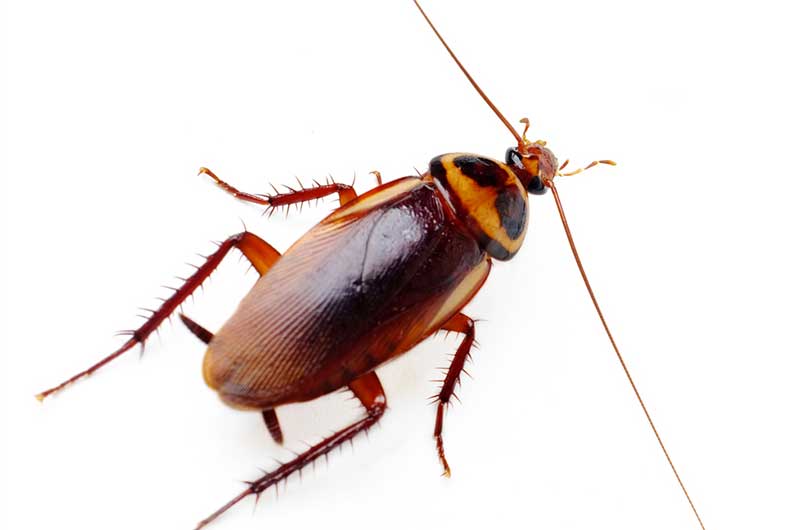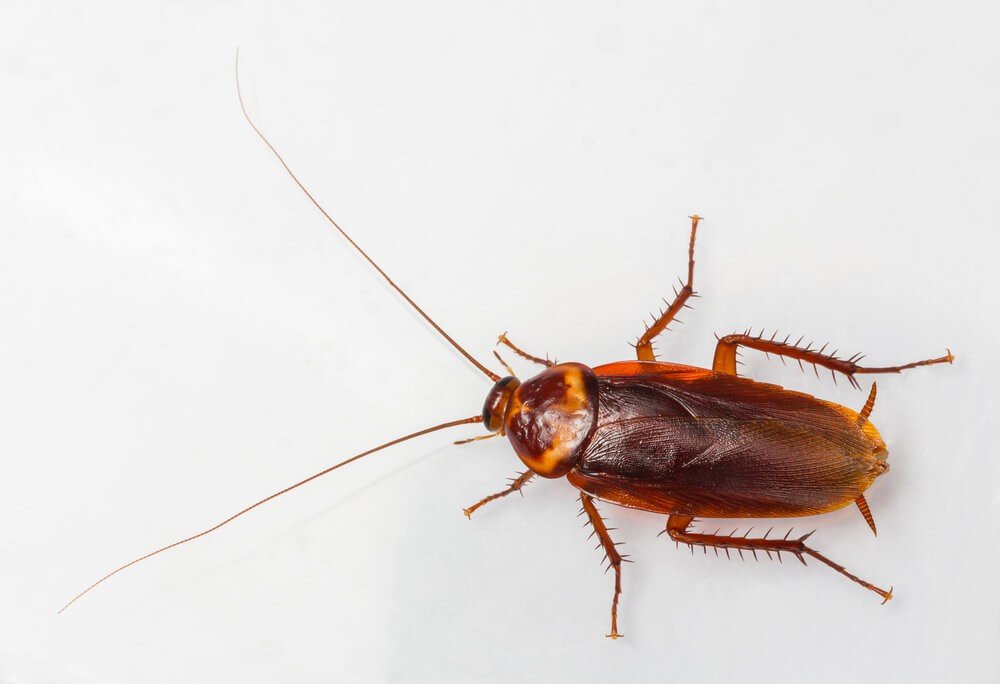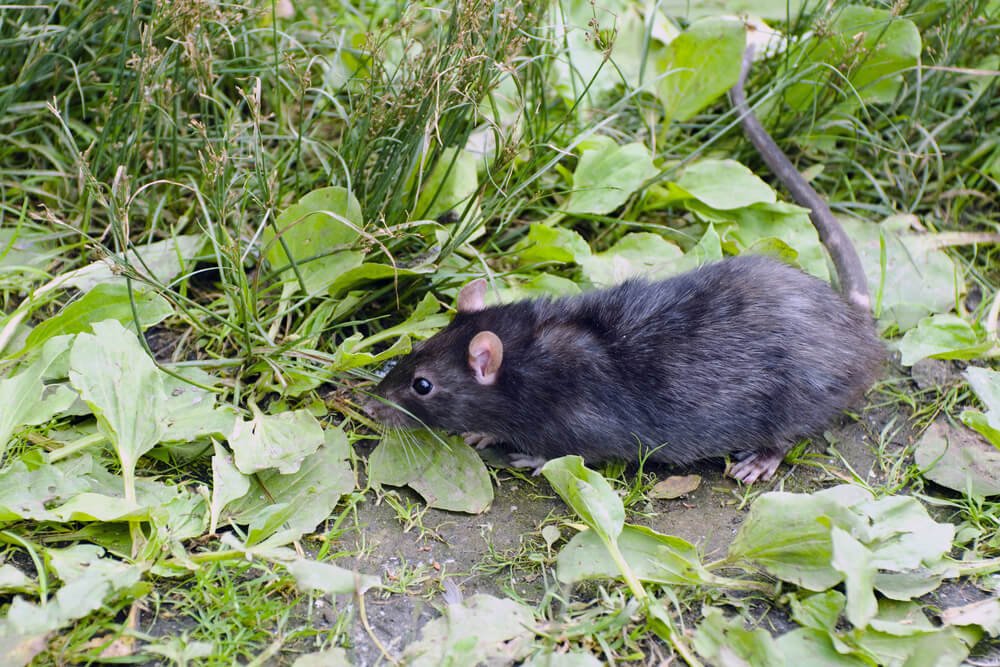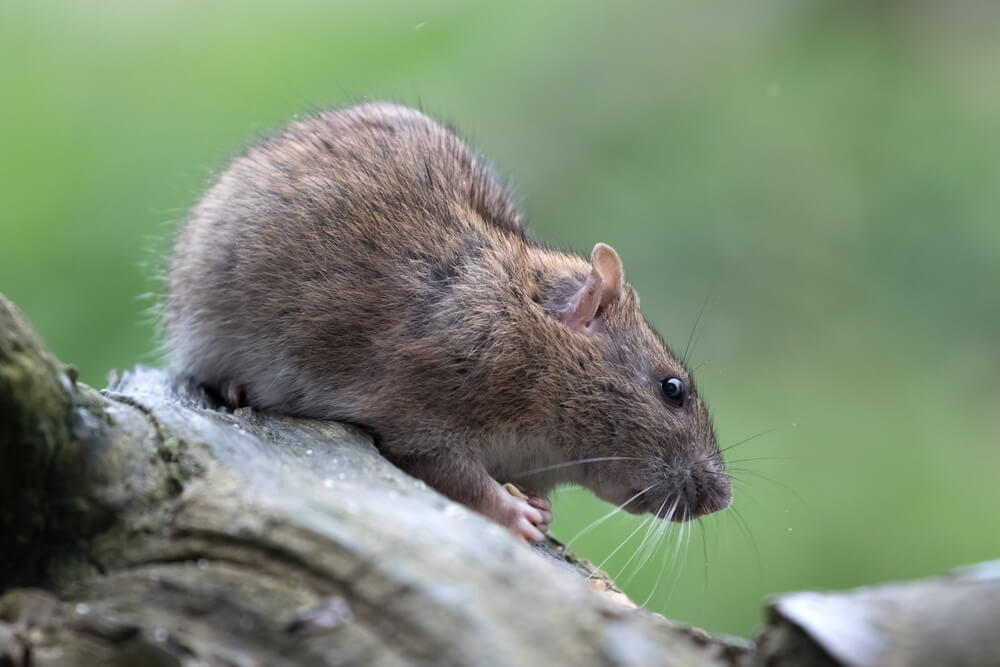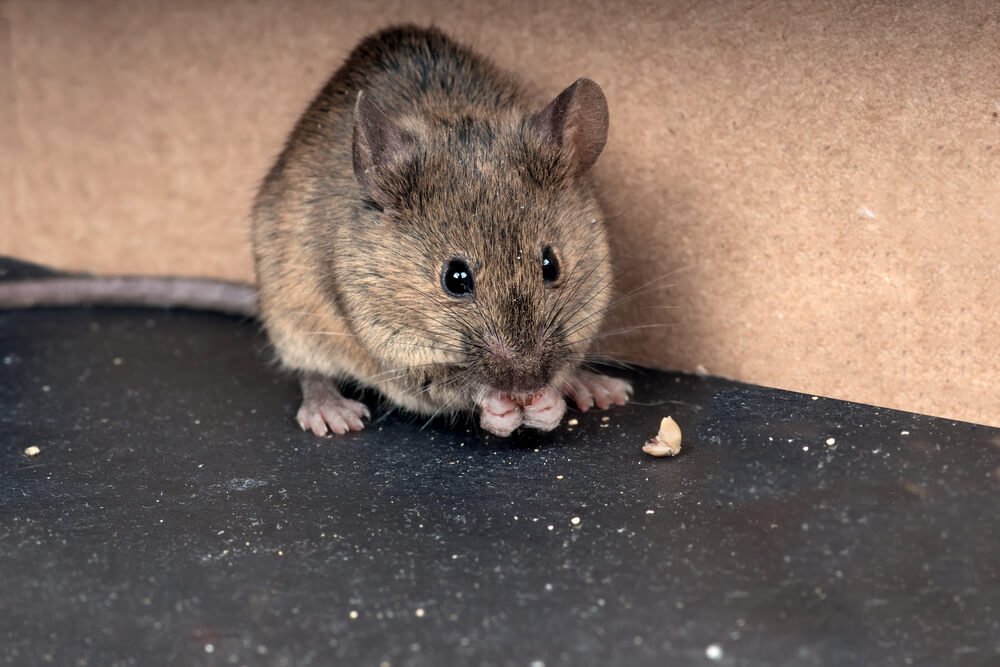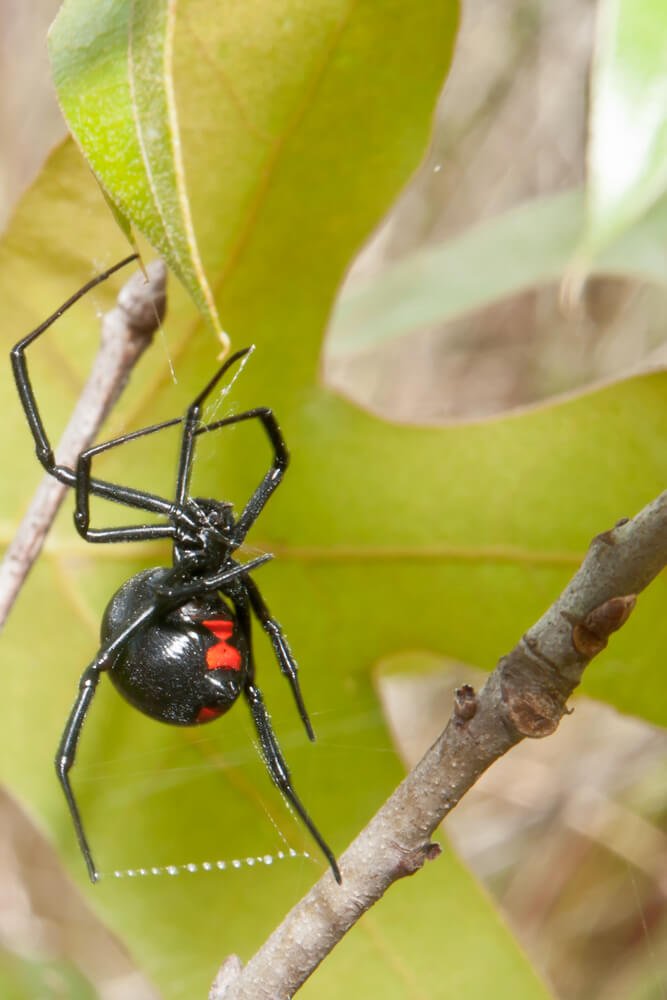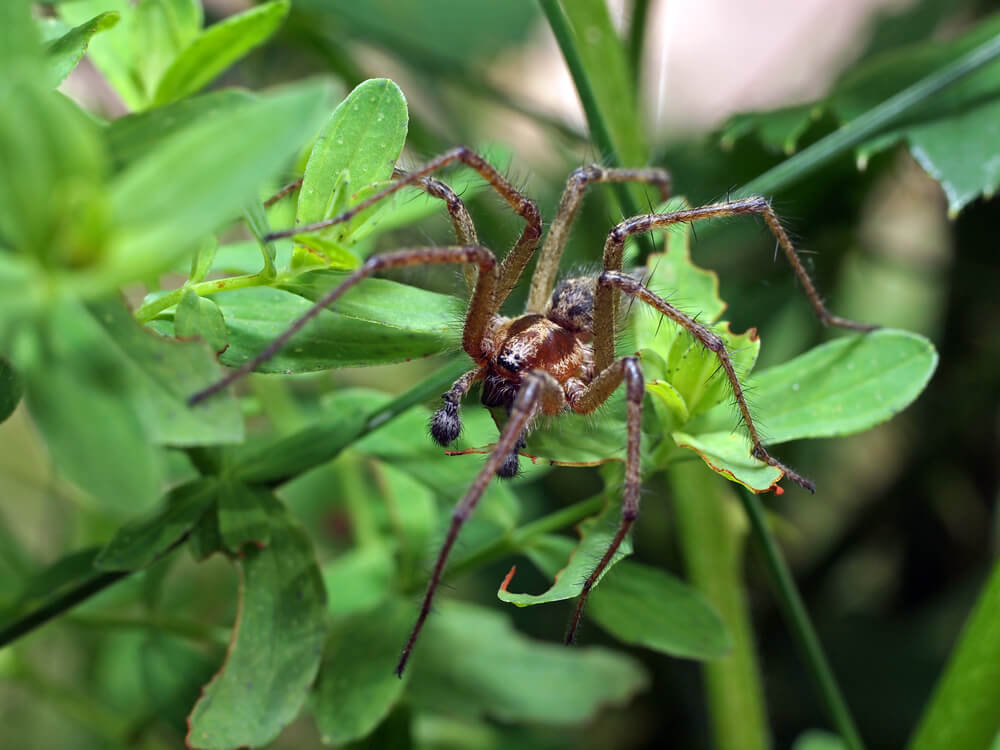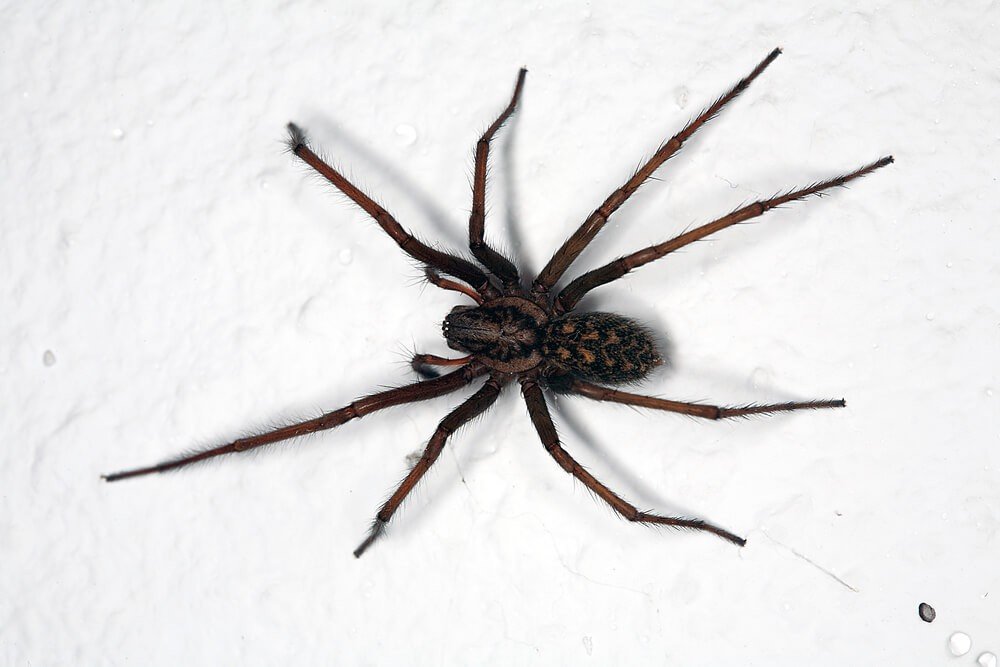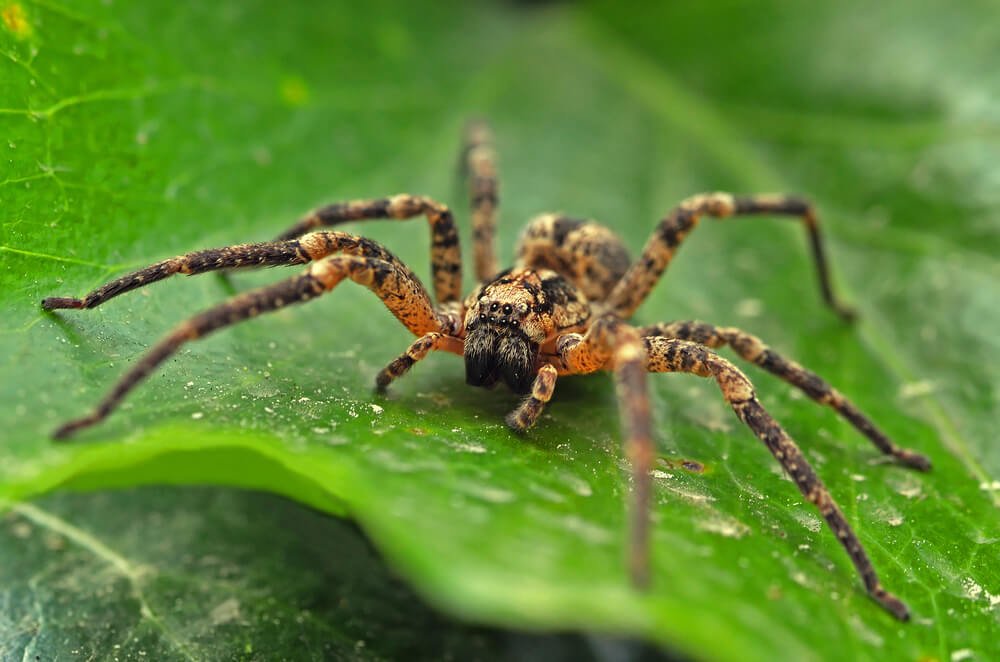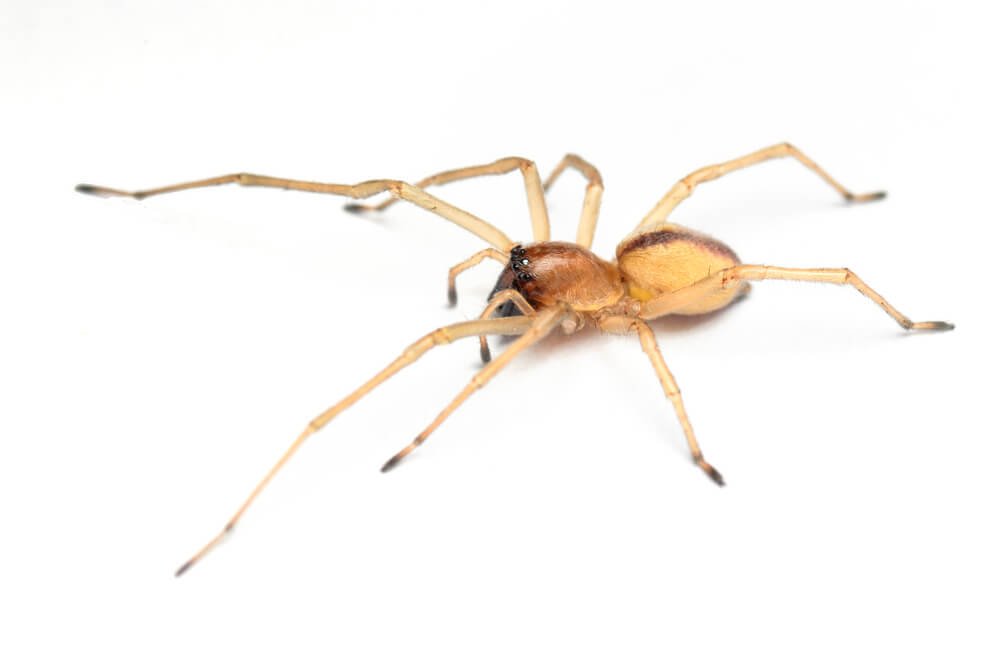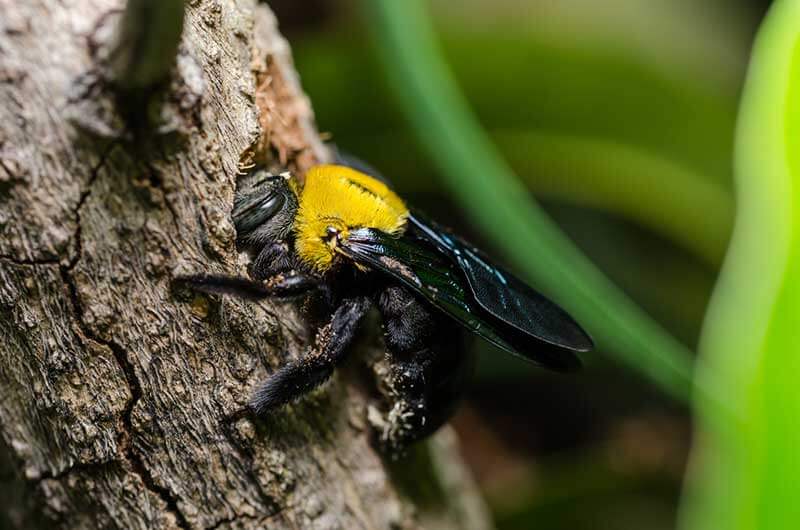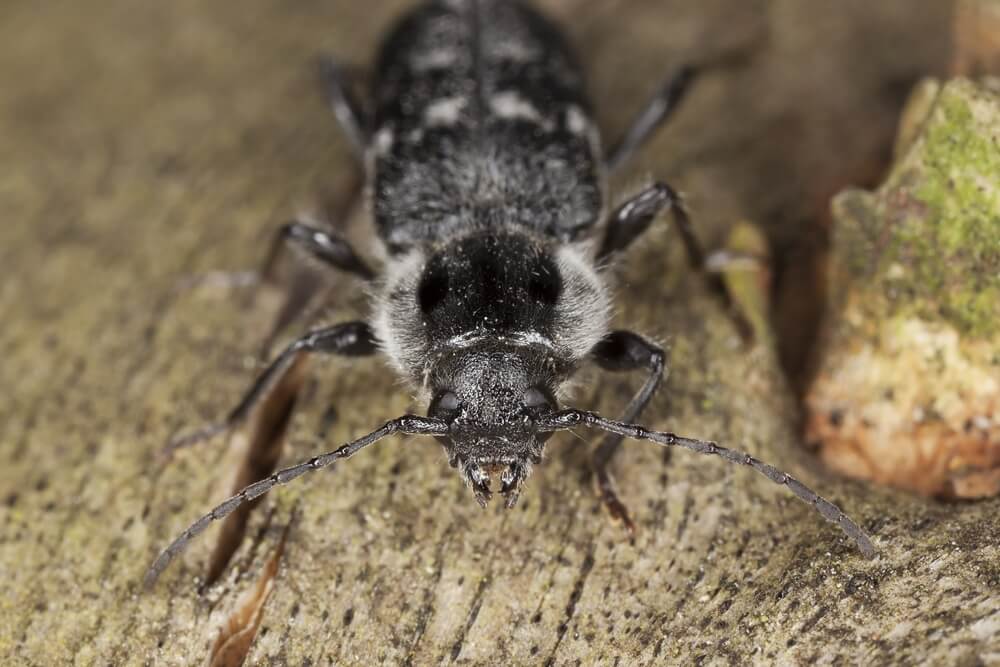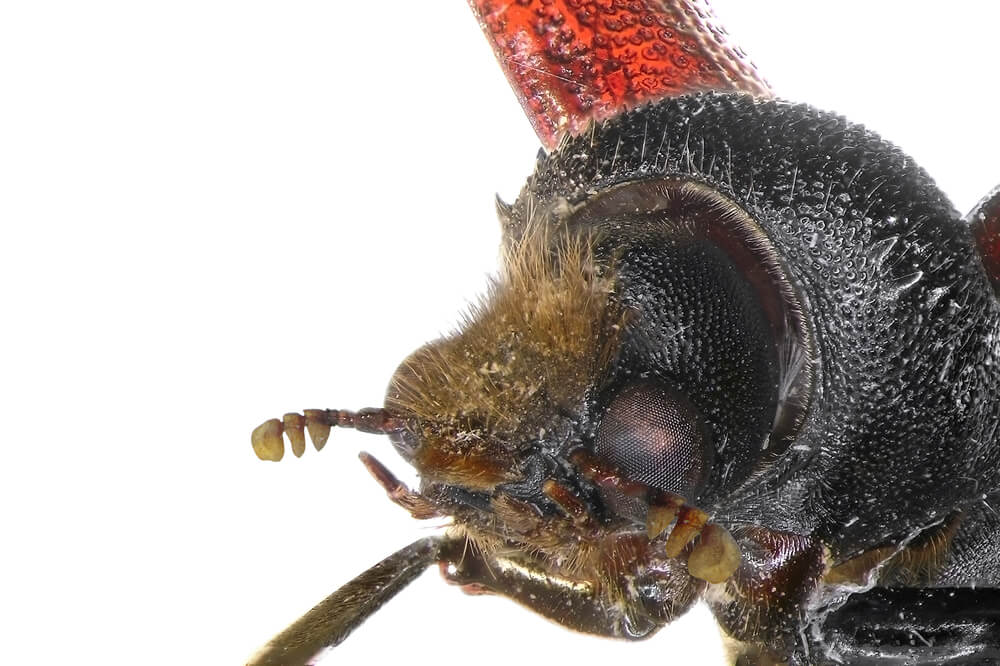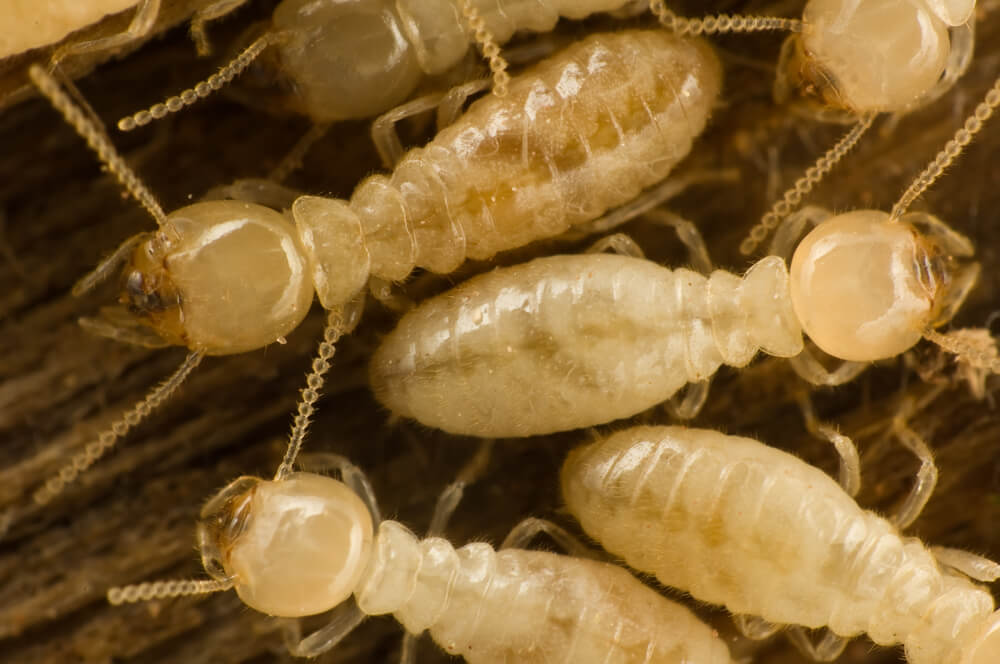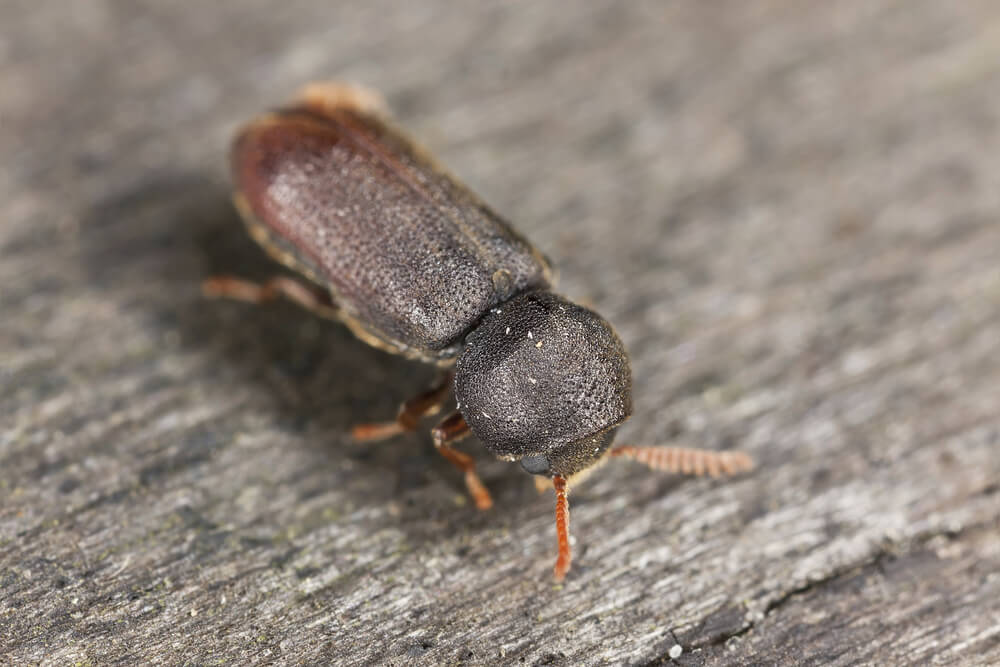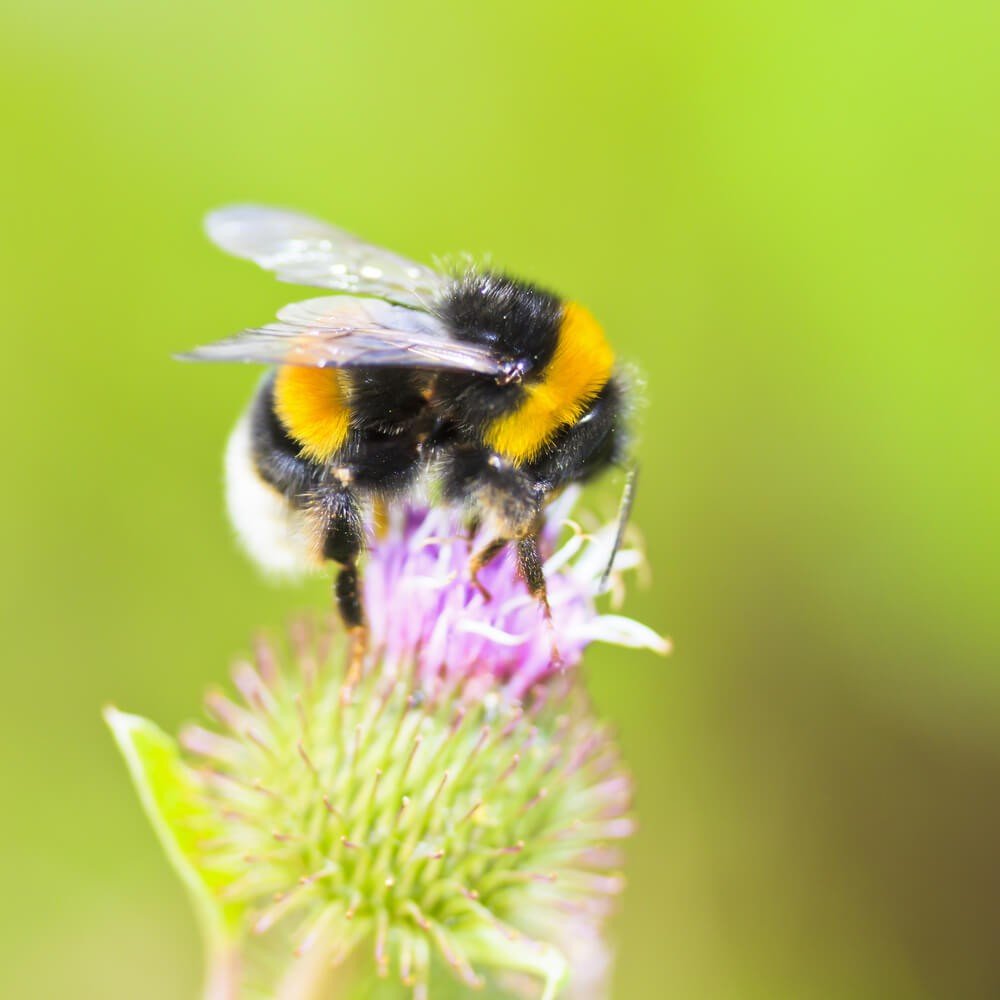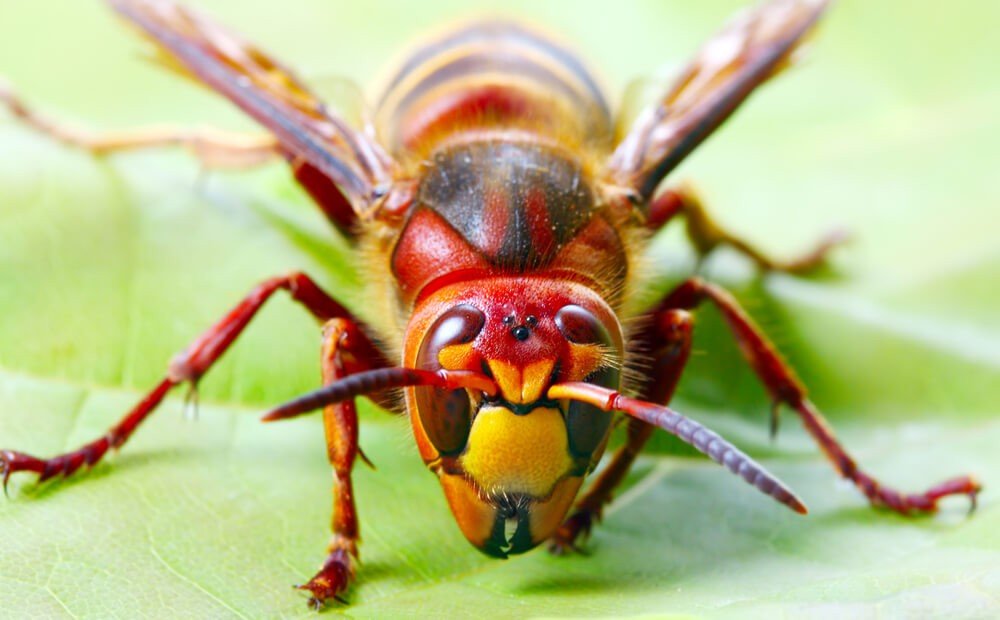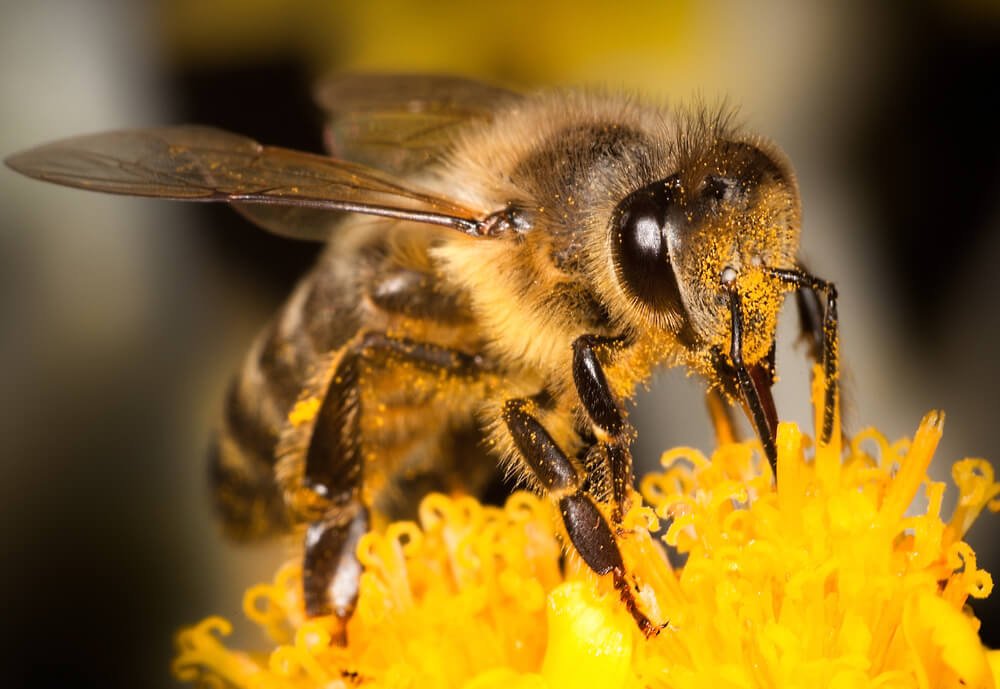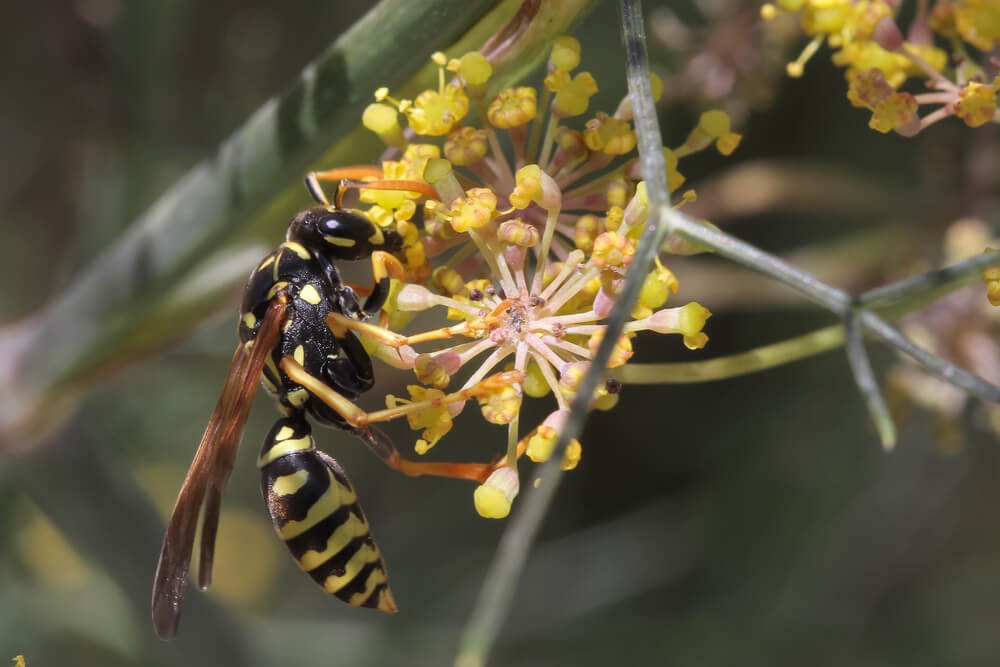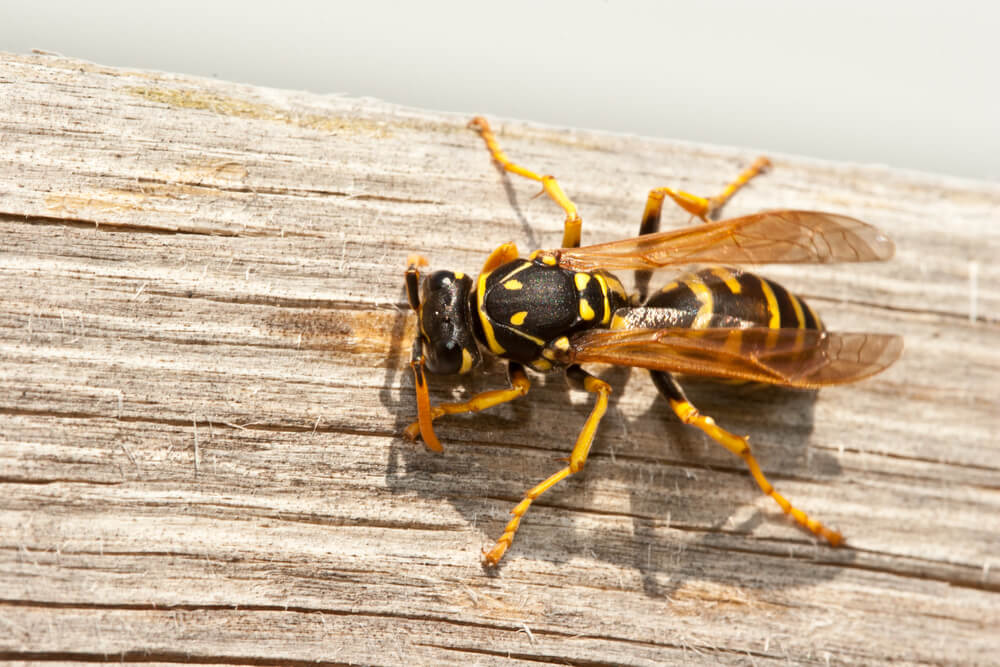Interesting Cockroach Facts!
Most people have a negative view of cockroaches, associating them with very unsanitary environments. While they are definitely not a welcome insect inside anyone's home, roaches are still very interesting creatures based on their unique biology, which has lead to their evolutionary resilience. In fact, the reason they illicit such disgust in so many people is in a large part due to their biology! Read on to learn some interesting roach facts:
- – Roaches have inhabited the earth for more than 250 million years
- – There are 4,000 species of roaches
- – The average roach-infested household contains more than 20,000 roaches
- – Roaches can live up to a month without food but only a week without water (they primarily come out for water, not food)
- – Roaches can flatten their bodies and crawl through a crack thinner than a dime
- – Roaches will eat anything, including food, leather, hair, and the glue in book bindings (they can even live off the toothpaste residue in your toothbrush!)
- – Roaches can survive radiation up to 12 times greater than humans can
- – Roaches are startled by the smallest air movements, and can run for cover in less than 0.05 seconds
- – Roaches can be cannibals and can also consume each others' excrement In extreme cases, roaches will feed off of people
- – A roach can live a week without its head and dies due to lack of water
- – Roaches can run up to 3 miles per hour Roaches are nocturnal and will usually run away when exposed to light
- – Roaches can survive in freezing temperatures When applied to a wound, roaches can help ease stings
- – Roaches have white blood It takes 8 hours for a roach to reproduce its layer of skin after shedding, and in the mean time they are white with black eyes
- – Laboratory female roaches can reproduce without a male and produce all female offspring
- – Roaches thrive in all conditions, including desert and arctic conditions Most roaches have the ability to fly
Cockroaches carry and can transmit many diseases such as staph, strep, and salmonella. They have also been implicated in the spread of tuberculosis, leprosy, cholera, dysentery, typhoid, asthma, and other respiratory illnesses. Therefore, it is very important to know what steps you can take to deter them from invading your home. The best thing you can do is to keep your house clean and dry, as roaches are attracted to food particles as well as moist, dark areas. Sweeping, wiping down counter tops, promptly taking out the trash, and putting food in air-tight containers are some easy ways to combat this. However, just because you have a roach infestation does not mean that you are a messy person or have a messy house, and sometimes the best option is to call a pest control company for professional help!






